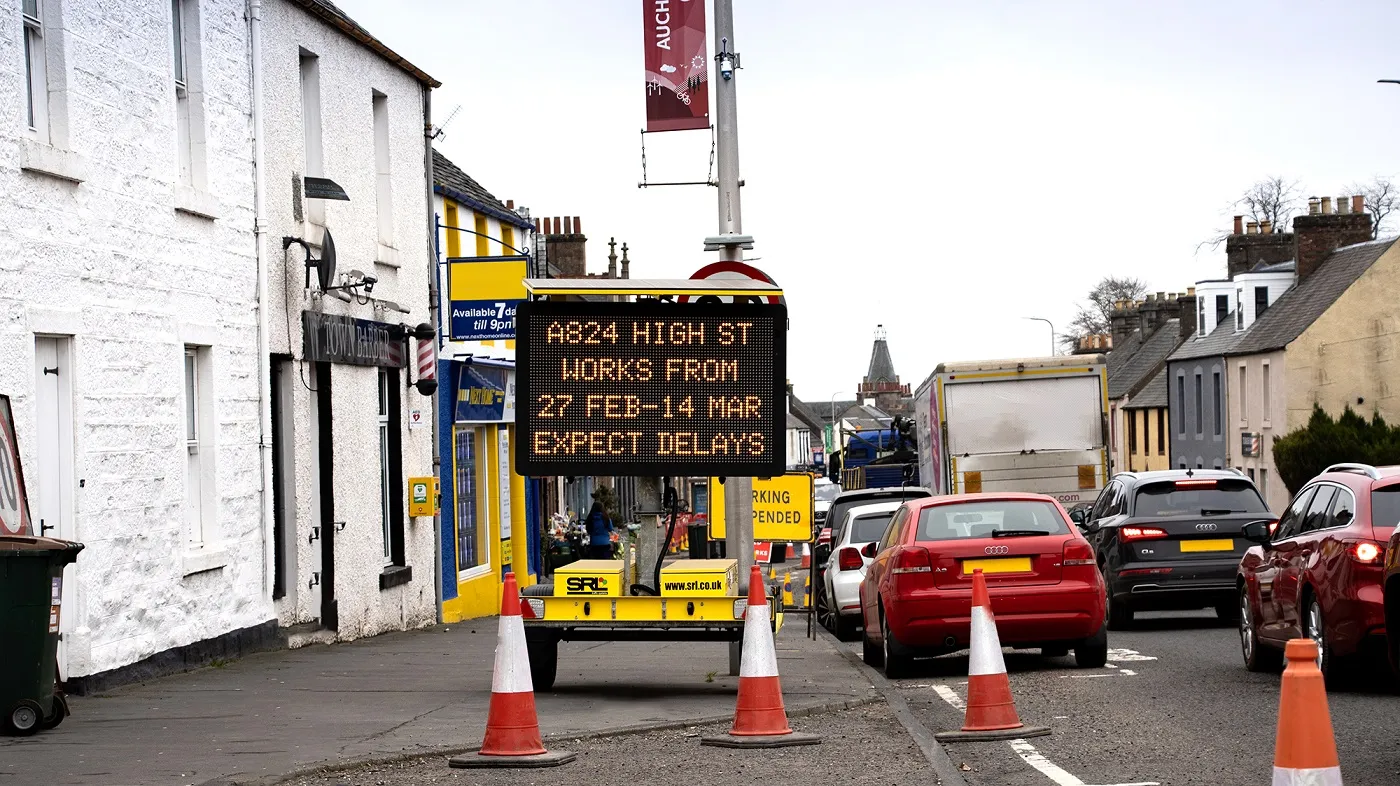
TRL Software is showcasing the development of Transyt Online Adaptive Signal Control from the original proof of concept to a fully-fledged product. Transyt Online has been developed as a simple low-cost online signal control technique with the ability to work with any controllers through a configurable API.
By allowing the user to easily implement optimised Transyt signal timings directly on street, automate signal timing reviews and implement network alterations to respond to events, users also reduce engineer time on-street.
It was two years ago that the uTraq, or Urban Traffic Management and Air Quality Project, a part-funded project with the European Space Agency, got under way. TRL says it is proud to showcase at Intertraffic what has been done since to provide a suite of tools to address congested related emissions problems in urban areas. Also being featured are SCOOT, Mova, Motograph, Test, iMAAP and iRoads.
Additionally, on the TRL stand visitors will see a range of product demonstrations including some which provide hands-on experiences and insights.









